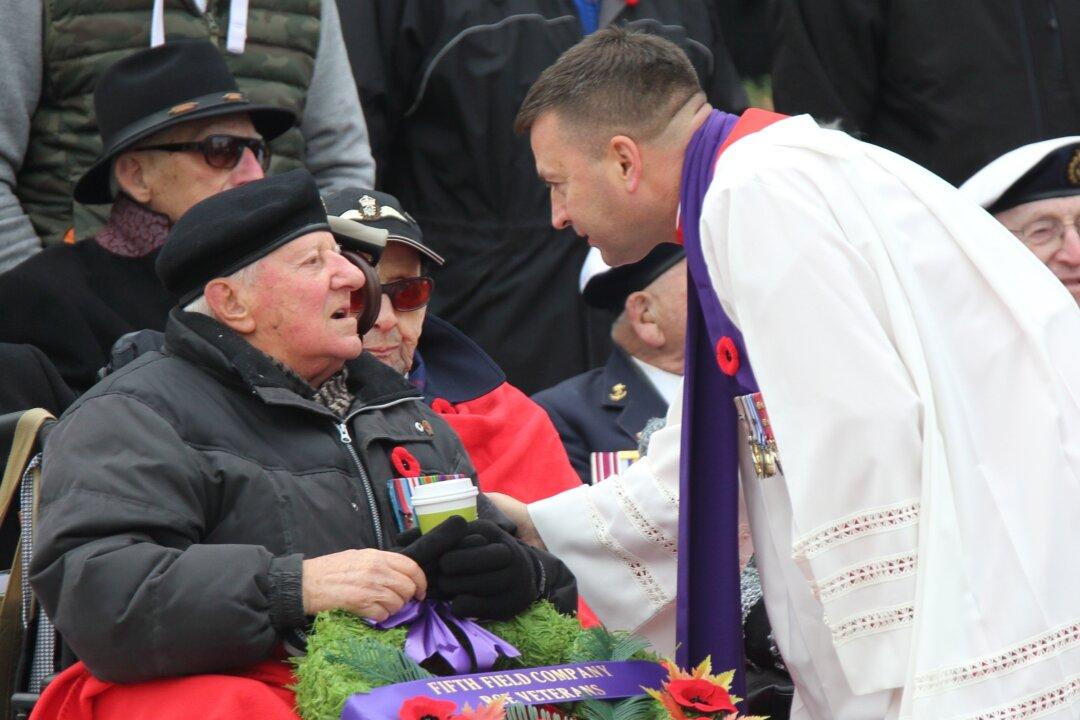The bishop in charge of overseeing Catholic military chaplains says he’s “pleased” the Canadian Armed Forces (CAF) have temporarily halted a directive banning them from prayer during official functions.
“The Chaplain General has responded to the many voices of concern that have been raised from many different quarters. We applaud him for doing so—it is a sign of responsive leadership,” Bishop Scott McCaig wrote in an Oct. 31 statement.





